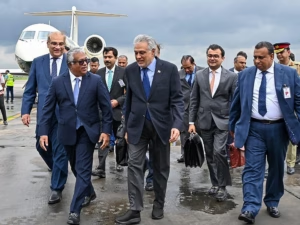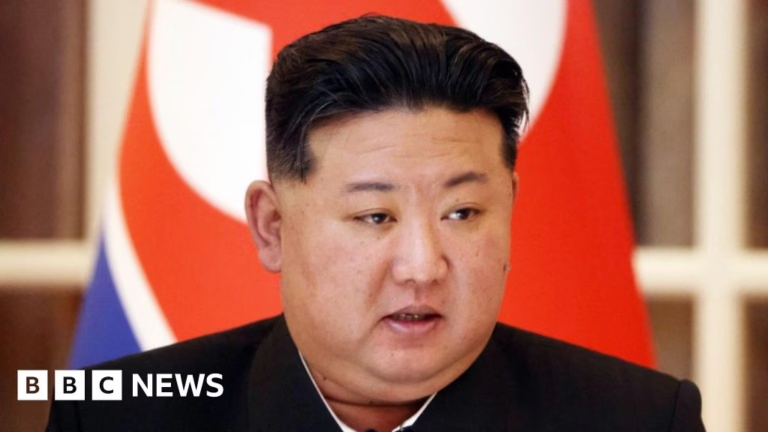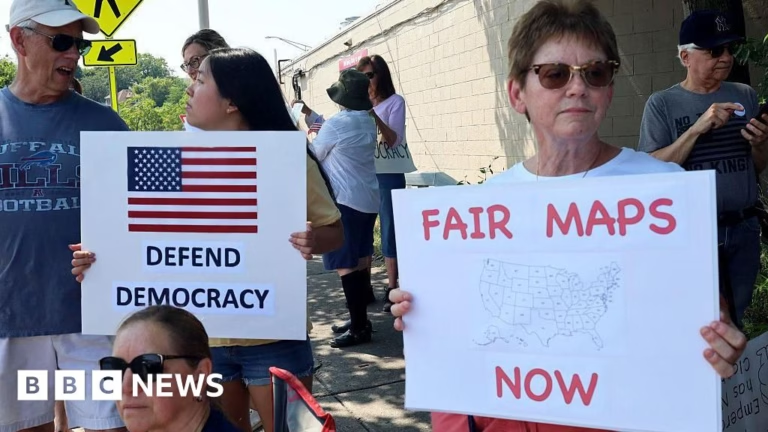A 22-member delegation from Bangladesh, consisting of political leaders, civil society activists, academics, and journalists, has begun a 10-day visit to China. During their trip, they will engage in talks with Chinese government officials and senior members of the ruling Communist Party, as confirmed by a delegation leader to the BBC.
Analysts believe that China is making overtures to Bangladesh as diplomatic tensions have risen between Bangladesh and India on various issues, including the presence of former Bangladeshi leader Sheikh Hasina, who is currently living in exile in India. Dhaka has requested Hasina’s extradition, but India has refused.
Abdul Moyeen Khan, a senior official from the Bangladesh Nationalist Party (BNP), who is leading the delegation in Beijing, stated that the visit is a goodwill gesture initiated by Beijing. He mentioned that the delegation represents various groups in Bangladesh, with many members coming from the BNP and its allies. The delegation also includes representatives from the student movement that played a significant role in ousting Hasina from power in August last year.
An interim government, led by Nobel laureate Muhammad Yunus, is currently in charge and has been urging India to repatriate Hasina on charges of crimes against humanity and money laundering. However, India has shown no signs of extraditing Hasina, who denies these allegations.
China’s interactions with Bangladesh have increased after the fall of Hasina, with Beijing hosting several delegations, including from Islamist parties. The current visit follows a meeting between Bangladesh’s interim government’s foreign policy advisor Touhid Hossain and the Chinese foreign minister Wang Yi in Beijing in January.
China is Bangladesh’s largest trading partner, with bilateral trade amounting to around $24 billion. Bangladesh also heavily relies on Chinese military equipment and supplies, with over 70% of its military supplies coming from China.
In contrast, India has had limited interactions with the interim government and other Bangladeshi political leaders in the past six months. This has sparked criticism from some Bangladeshi officials and politicians, including allegations of India’s interference in Bangladesh’s internal affairs.
The Indian foreign minister Subrahmanyam Jaishankar recently stated that it is up to Bangladesh to decide the nature of its relationship with India. He dismissed the criticism of India as “absolutely ridiculous.”
Some argue that the increasing tensions between Dhaka and Delhi could push Bangladesh towards China, as both countries vie for influence in South Asia. This is evident in China’s growing influence over countries like Sri Lanka, the Maldives, and Nepal. Zhou Bo, a Chinese analyst, believes that India should not consider the whole subcontinent as falling under its sphere of influence, as such an attitude would harm India’s interests.
Source: https://www.bbc.com/news/articles/c9q47qleey8o








